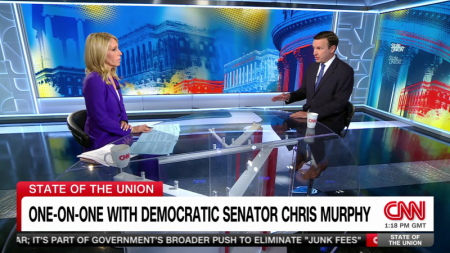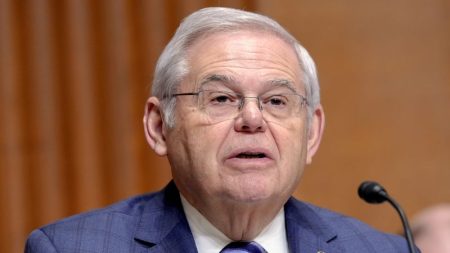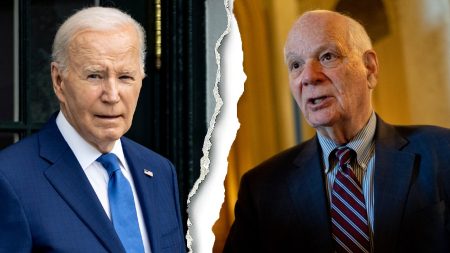In November, voters in numerous states may have the opportunity to vote on measures related to abortion access. Advocates are working to place a variety of measures on the 2024 ballot, with the goal of either restoring or protecting the right to an abortion in response to the Supreme Court’s decision in the Dobbs case, which overturned Roe v. Wade and eliminated the national right to abortion. Most of the proposed measures seek to enshrine the right to an abortion in state constitutions, following restrictive trigger laws and other policies that have been implemented since the Dobbs decision. Some states are also considering measures aimed at restricting abortion access, although similar measures have been unsuccessful in states where votes have been held recently.
Florida, Maryland, and New York have already secured abortion measures on the 2024 ballot, with Florida being a key focus due to its role as a critical access point for individuals seeking abortion services in a region where access is becoming increasingly limited. Organizers in other states are working to secure funding, gather signatures, and navigate the legal requirements needed to place abortion measures on the ballot. This process typically involves collecting a set number of signatures by a specific deadline, with some states also requiring approval of the ballot language by a state court. The efforts are largely being backed by coalitions of reproductive health advocates who are fundraising to support the campaigns.
States like Arizona, Nevada, and Montana are considering measures that would protect abortion access up to the point of viability, which doctors estimate to be around 24 weeks into pregnancy. Other states are looking at measures that would allow abortion up to a specified point in pregnancy, or in cases of rape, incest, or fatal fetal anomalies. Organizers in Missouri are working on measures to broadly protect reproductive care and to enshrine the state’s near-total abortion ban into the constitution. Some proposed measures, like those in Nevada and Montana, would allow for abortion past the point of viability in certain circumstances deemed necessary by a doctor to protect the pregnant person’s life or health.
In addition to measures aimed at protecting abortion access, some states are considering measures to restrict it. For example, proposed measures in Iowa and Pennsylvania seek to establish that public funding cannot be used for abortion procedures, although these are unlikely to pass their respective legislatures. Voters may have the opportunity to vote on dueling measures aimed at either protecting or restricting abortion access on the 2024 ballot. Previous votes on abortion access in seven states since the overturning of Roe v. Wade have shown overwhelming support for protecting access to abortion, with all measures aimed at protection passing and all measures aimed at restriction failing.
Although support for abortion access is strong in some states, organizers see these ballot measures as important for legally protecting patients and providers, as well as sending a message to elected officials about the priorities of voters. The goal is to empower individuals to have a say in the future of abortion access in their state and to ensure that reproductive health rights are upheld. As the fight for abortion access continues, advocates are working diligently to ensure that these important issues are addressed and protected through the democratic process.















